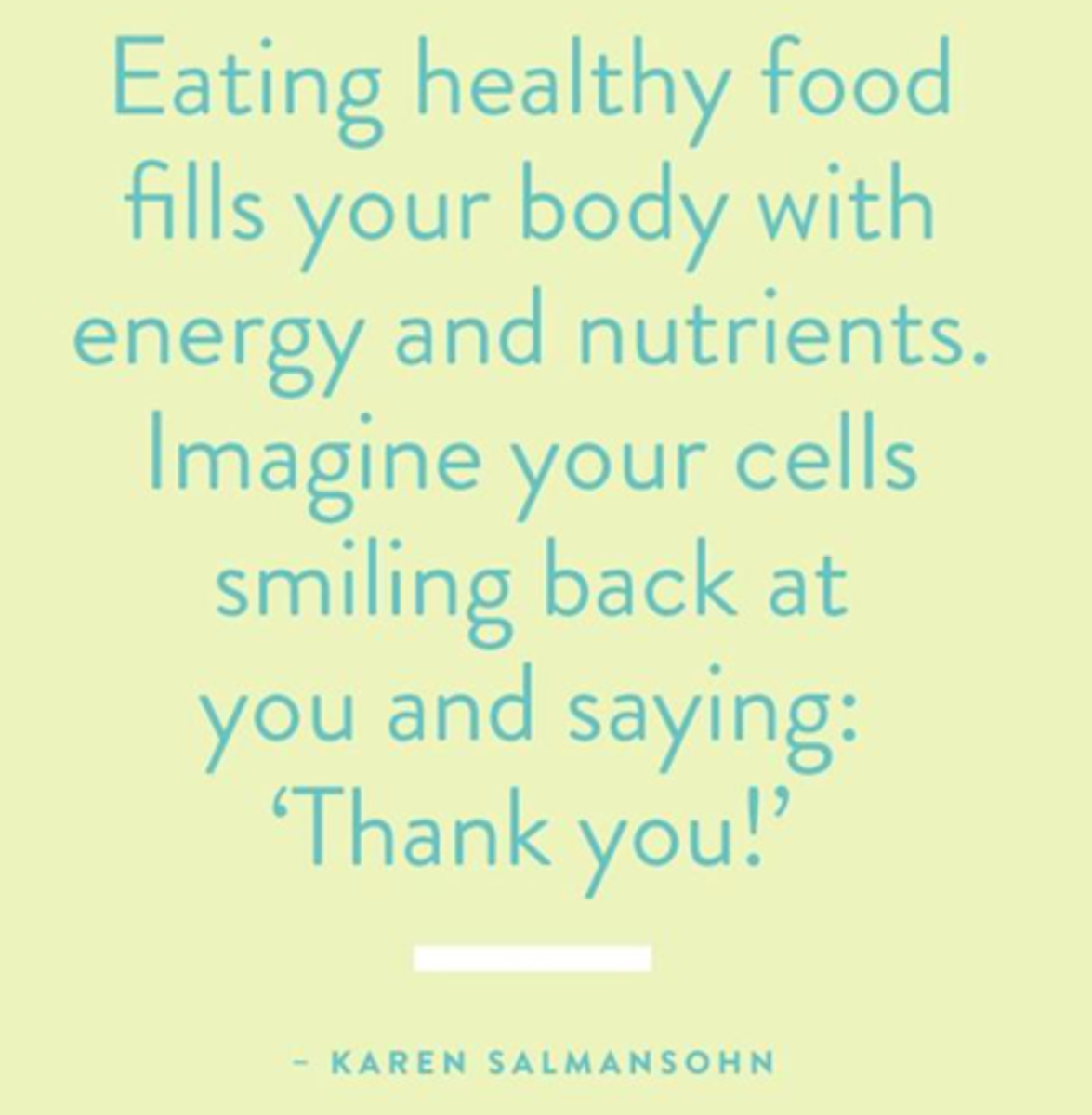Wellbeing MATTERS!

Welcome Benvenuto
As we return from a long-earned rest, we hope that you are all ready for the challenges that this term brings.
This is the time when the winter blues set in…
If colder weather and shorter days cause you to feel the winter blues, you’re not alone. It’s not uncommon to experience fatigue, sadness, difficulty concentrating, and a disruption in your sleep schedule during the winter season.
For some, this mood change is temporary and easily managed with lifestyle modifications. But for others, the winter blues can turn into a more severe type of depression called seasonal affective disorder or SAD.
Seasonal affective disorder (SAD) is a mood disorder that is characterized by symptoms that occur at the same time each year, usually during the darker, shorter days of autumn and winter. While this condition usually resolves within a few months, it can have a serious impact on how a person feels and functions.
The good news? There are things you can do to beat the winter blues.
Take a Break from the News
Being indoors more often means an increase in screen time. And if this time is spent consuming a non-stop news cycle, you may feel an increase in the winter blues.
To help minimise stress, sadness, and despair from the news, try to limit the amount of time you spend in front of a screen. If possible, schedule one hour for news. You can watch this in one sitting or break it up into chunks.
- Trying to strike a balance between being informed by news media and not becoming overwhelmed by it is difficult—especially during a global crisis.
- A constant stream of sensational or "disaster" reporting, whether you are exposed actively or passively, can elevate stress levels and trigger symptoms like anxiety and trouble sleeping.
- Effectively managing your media consumption can help you stay up to date while also reducing your stress.
Boost Your Mood with Food
It’s also important to eat well during the winter. Winter blues can make you crave sugary foods and carbohydrates such as chocolate, pasta and bread, but don’t forget to include plenty of fresh fruit and vegetables in your diet.
- A simple change to boost your mood is to consider the food you eat. Consuming protein with breakfast, lunch, and dinner can enhance mood and prevent sugar and carb cravings later in the day.
- Also, including foods high in vitamin D such as fatty fish, fish oil, and vitamin D fortified foods like milk, orange juice, breakfast cereal, yogurt, and other food sources can help balance mood.
A word from Sarah’s desk….
The year 4-6 Drumbeat group members have been working with me since early Term 3 to learn about relationships, music and teamwork. The group has been making great progress towards their upcoming performance and are proud to show the school their hard work.
Small groups of Foundation and Year 1 students will begin emotions groups on Fridays this term. The students will learn about key feelings and positive ways to manage big emotions. Enquires are welcome from parents if you would like your child to participate.
Sarah Langley
Pastoral Wellbeing Carer
If ever you need help sorting out personal or family issues, give CatholicCare Victoria a call. They offer many services to all members of our community – ALL FREE.
TIP OF THE FORTNIGHT:
Eat A Rainbow
Fill your plate with colourful, nutrient-dense food and give your body what it needs. And no, we don’t mean Skittles!
Have a wonderful fortnight.
Be safe. Stay warm. Keep well.
Niente Senza Gioia
Dom POPPA
Pastoral Wellbeing Leader





